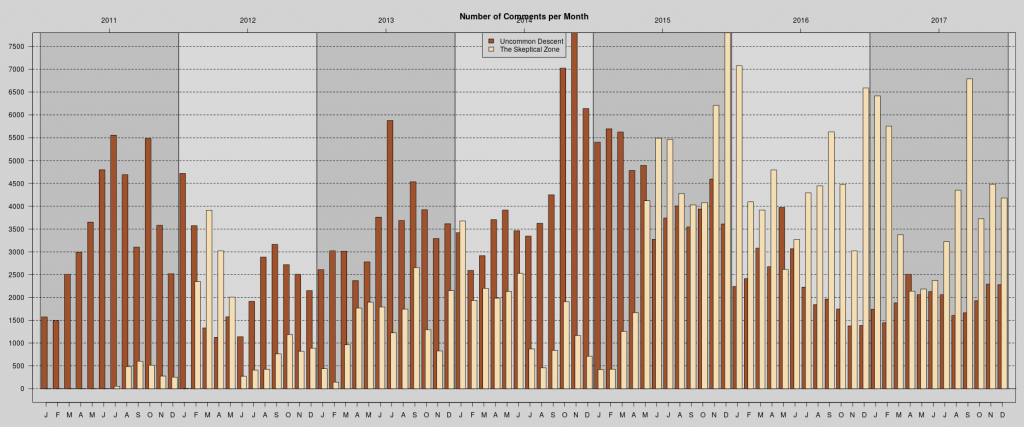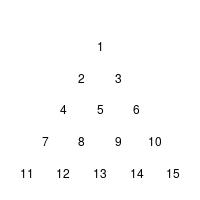On Thursday, I received two books which I had previously ordered from Amazon: Five Proofs of the Existence of God by philosopher Edward Feser, and The Resurrection: A Critical Inquiry by Michael Alter, a Jewish author who claims to have discovered no less than 120 contradictions in the New Testament accounts of Jesus’ Resurrection. I’ve also ordered Did Jesus Really Rise From The Dead?: A Surgeon-Scientist Examines the Evidence by Dr. Thomas Miller (a surgeon who is also the author of more than 200 scientific papers and the editor of three textbooks on surgical physiology), but that book hasn’t arrived yet. I’m going to blog about all of these books, but today, I’d like to begin by discussing Dr. Edward Feser’s book. Just to be clear: Feser’s five proofs are not the same as St. Thomas Aquinas’ Five Ways. They are taken from the writings of five different philosophers: Aristotle, Plotinus, Augustine, Aquinas and Leibniz. Feser refers to the arguments put forward by Aristotle and Plotinus, in particular, as cosmological or “First Cause” arguments, although Aquinas also advances a First Cause argument of his own. Leibniz argues to the existence of an ultimate explanation for the existence of contingent beings, using the Principle of Sufficient Reason. Augustine’s argument is the odd one out: it seeks to establish the existence of a necessarily existing intellect which grasps all abstract objects.
Feser’s book has received glowing reviews from four professors of philosophy, one of whom (J.P. Moreland) described it as “a must-read for anyone interested in natural theology.” Over at Secular Outpost, Bradley Bowen seems to agree. He concludes Part 1 of his ongoing review of Feser’s book as follows:
I don’t know at this point whether any of Feser’s arguments are good or bad, valid or invalid, sound or unsound, but even if they are all weak and defective arguments, I am still very grateful to Feser for providing a case for God that meets some basic intellectual requirements for making a reasonable case for God. Unlike the cases for God by Geisler and Kreeft, Feser’s case is NOT a Steaming Pile of Crap, and it is a great pleasure to consider a case that at least has the potential to be a reasonable and intelligent case for God.
Instead of reviewing Feser’s book from start to finish, I’m going to begin with the final chapter, where Feser refutes eighteen common objections to the arguments he presents for the existence of God. Philosopher Stephen T. Davis described this chapter as a gem, adding that “it alone is worth the price of this excellent work.” I’m going to enumerate these objections and quote some very brief excerpts from Feser’s replies. As we’ll see, most of these objections are puerile and idiotic, but a couple of them are not so ridiculous, and warrant further examination.
Continue reading →





